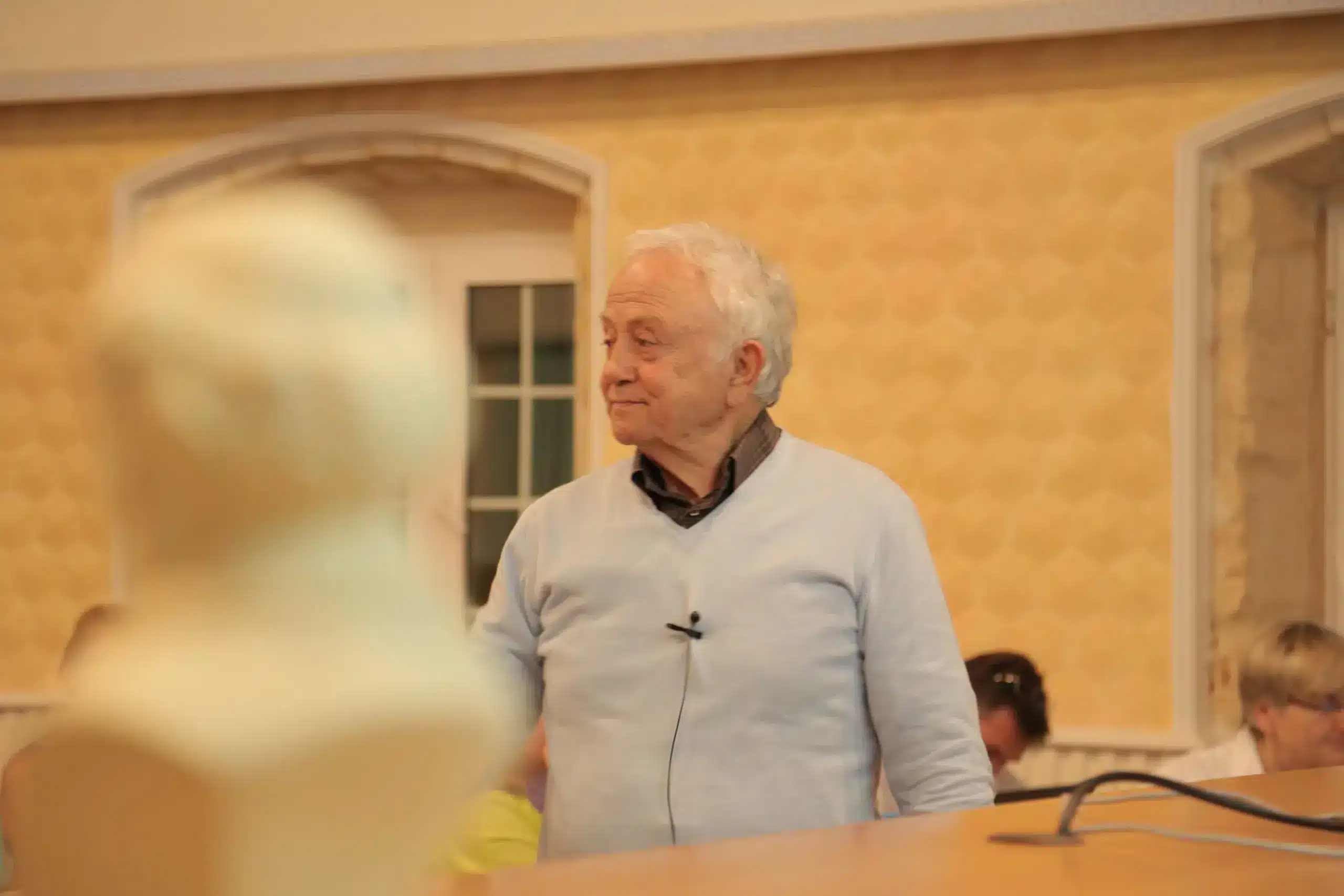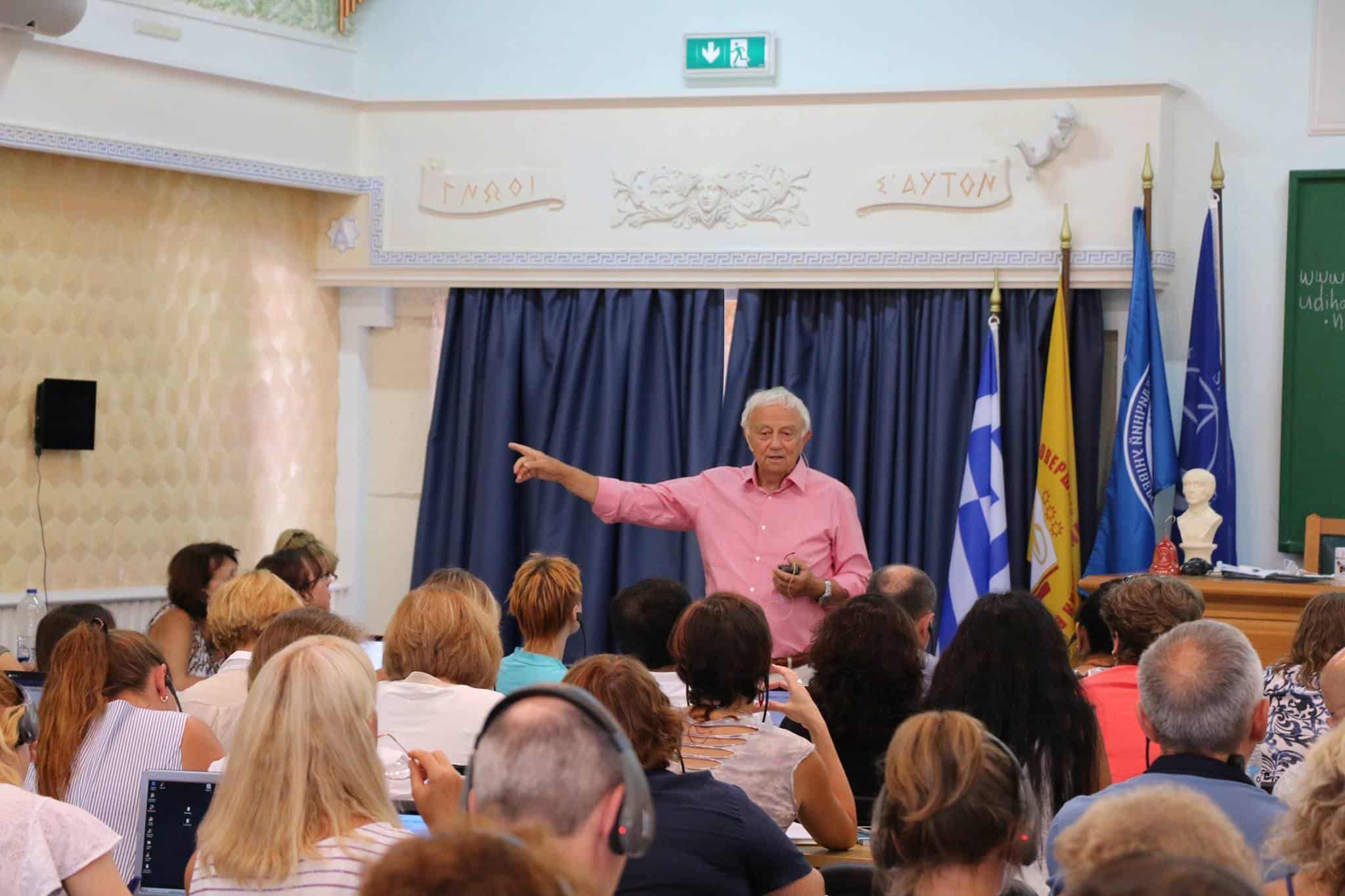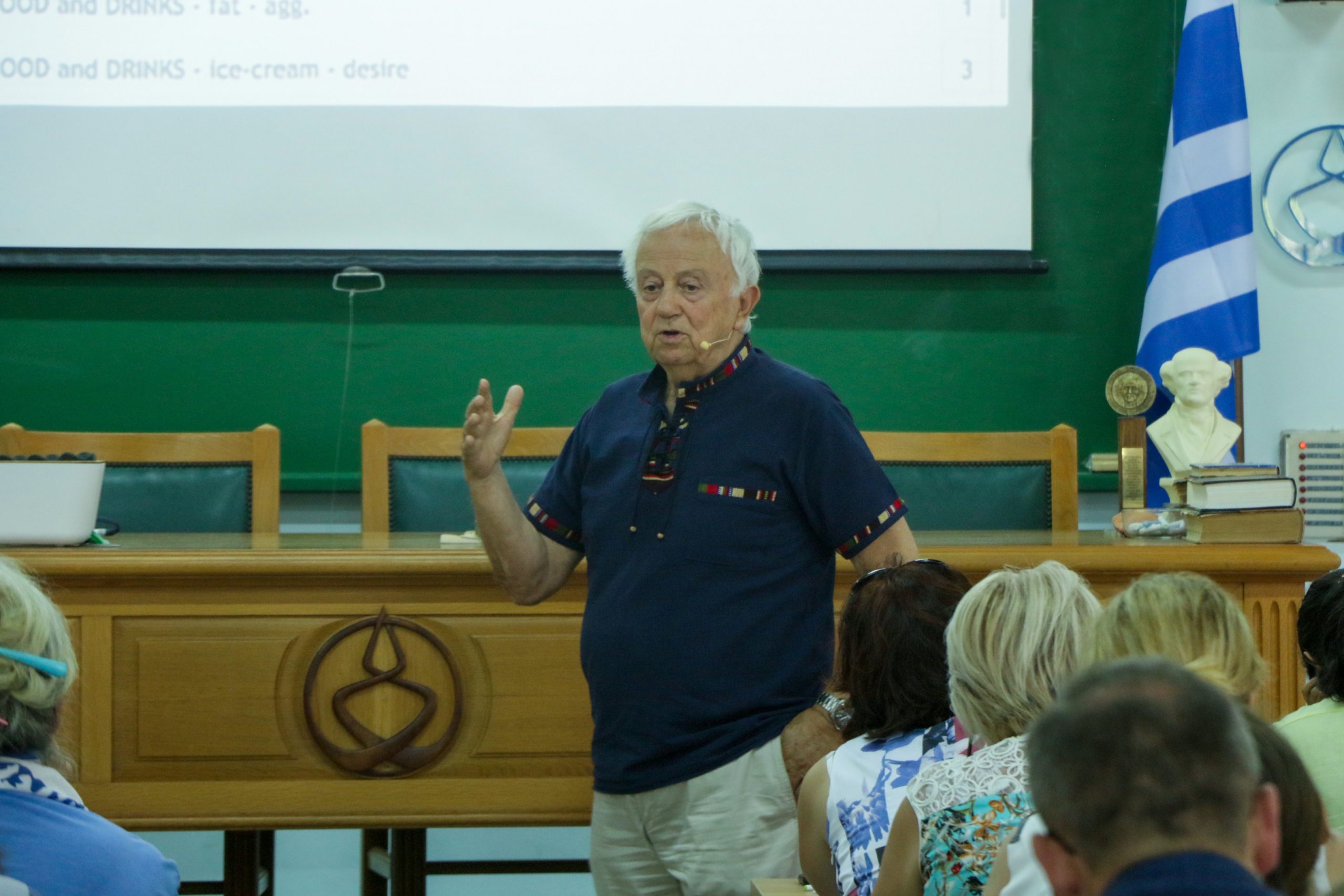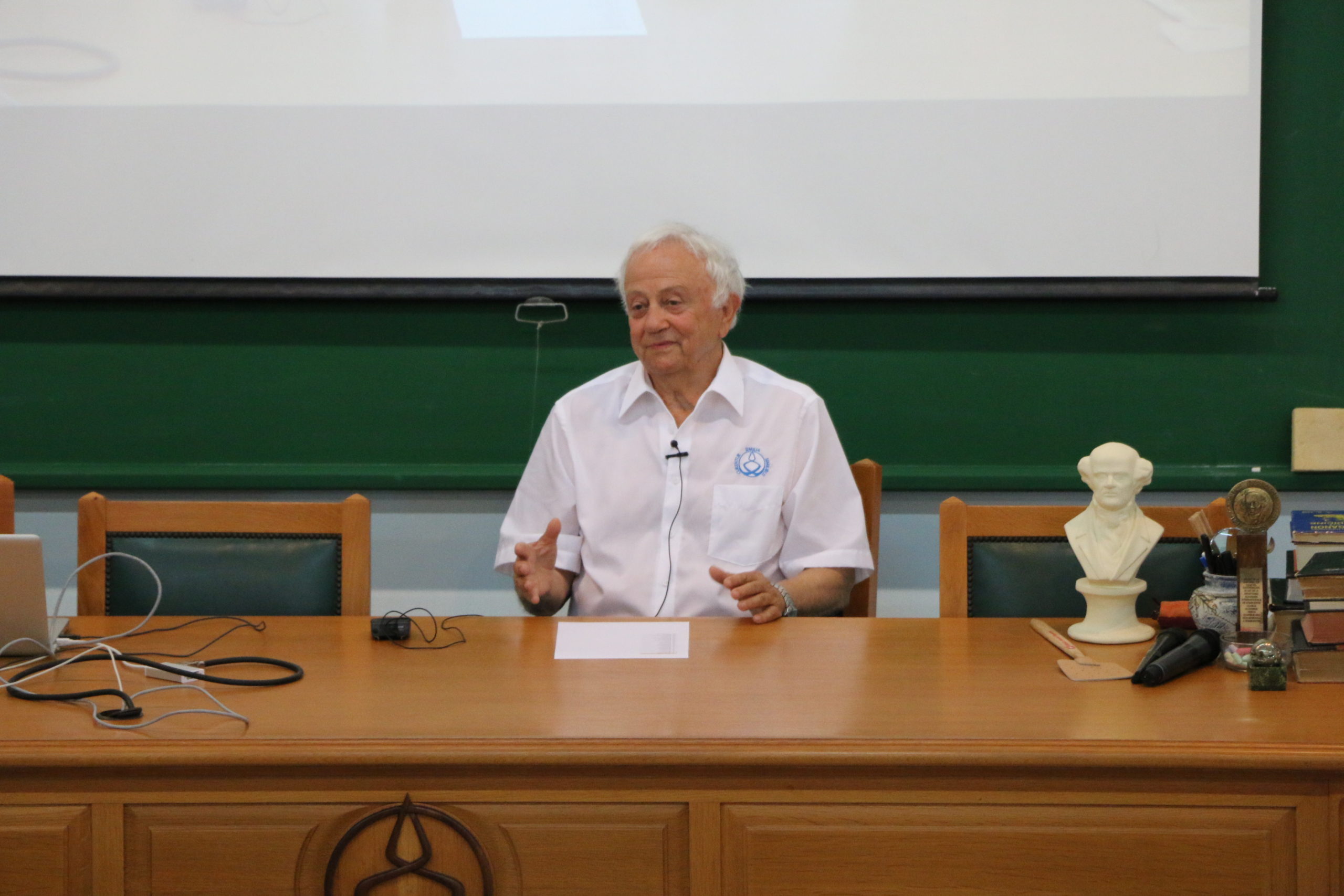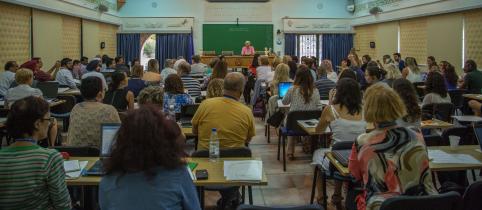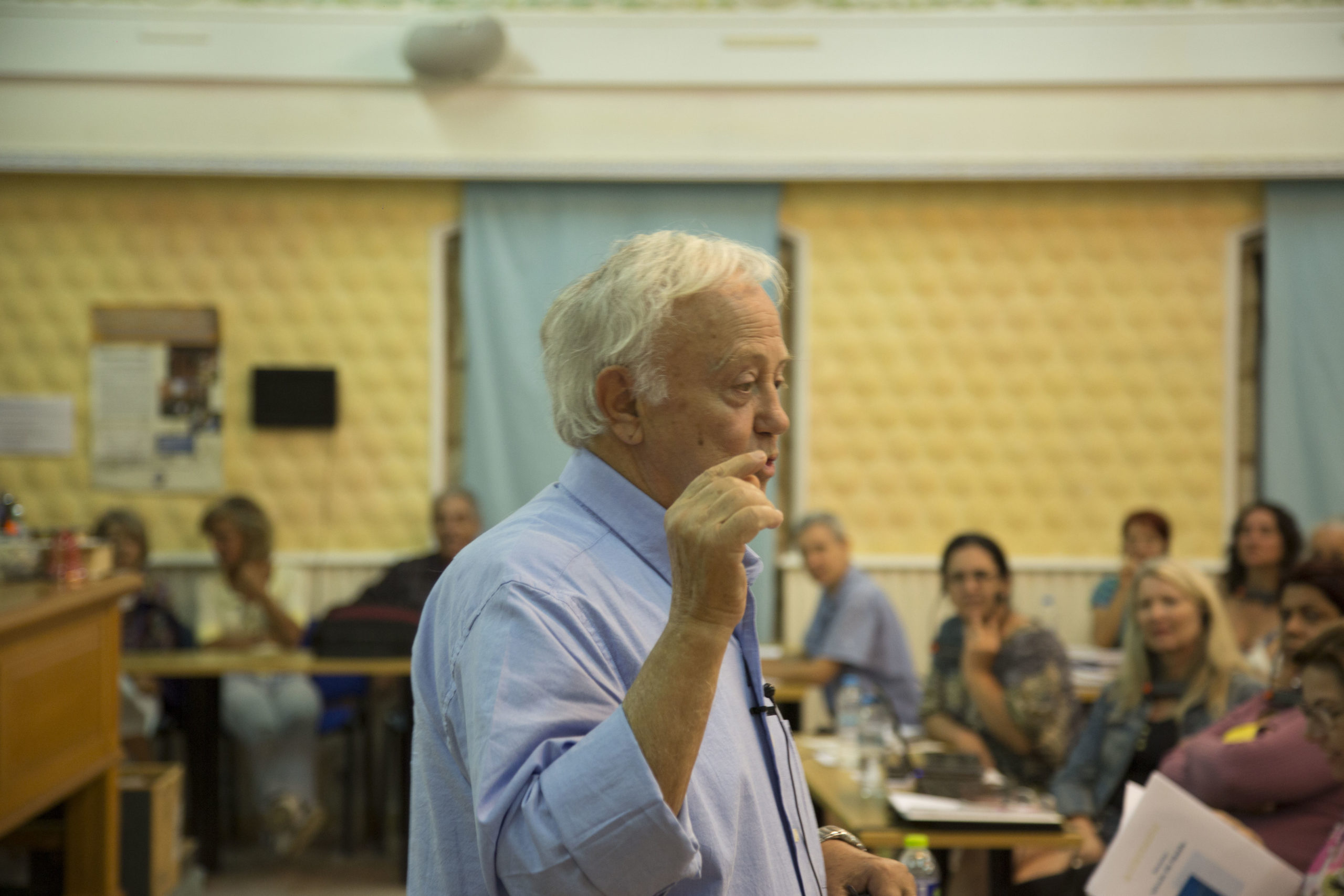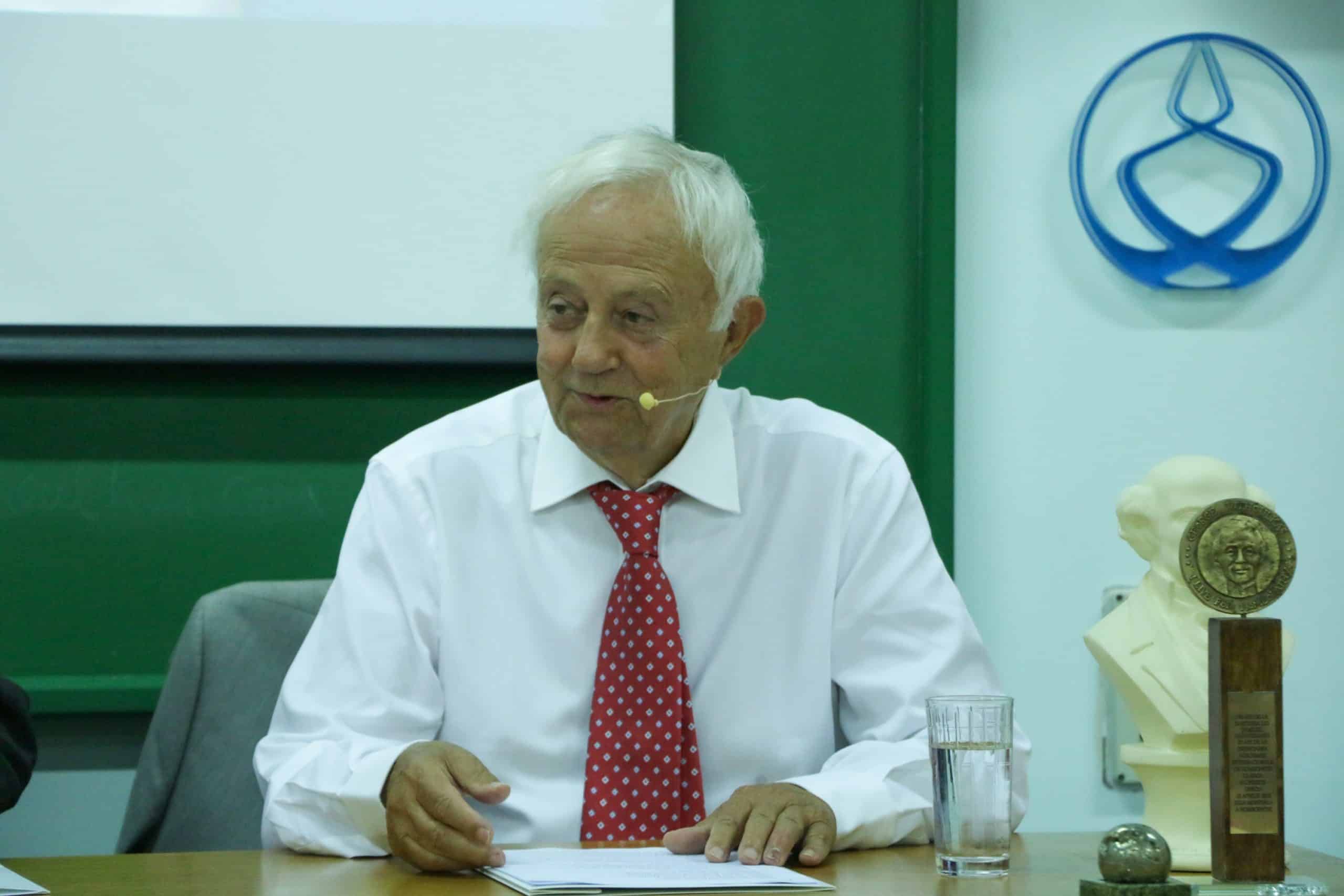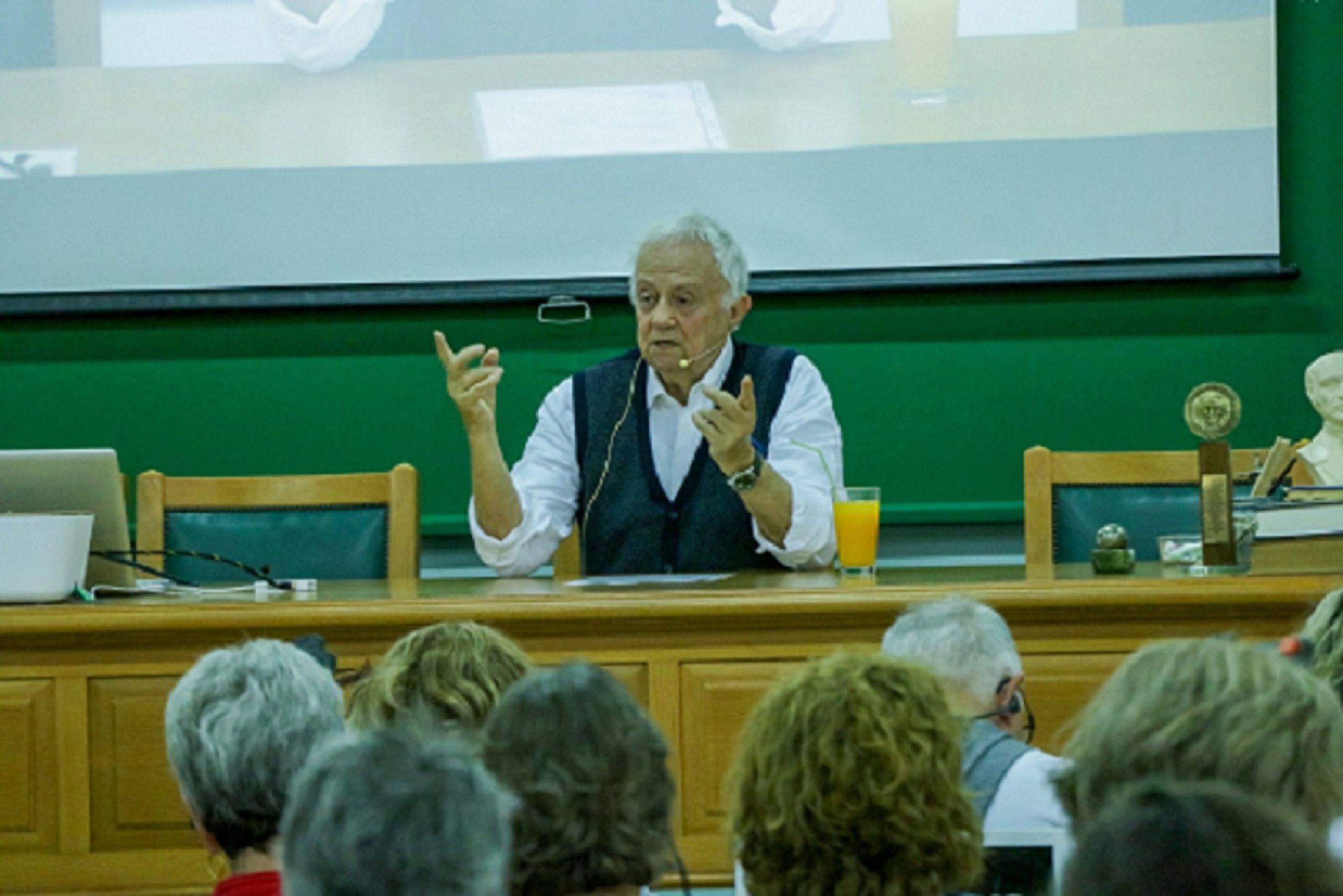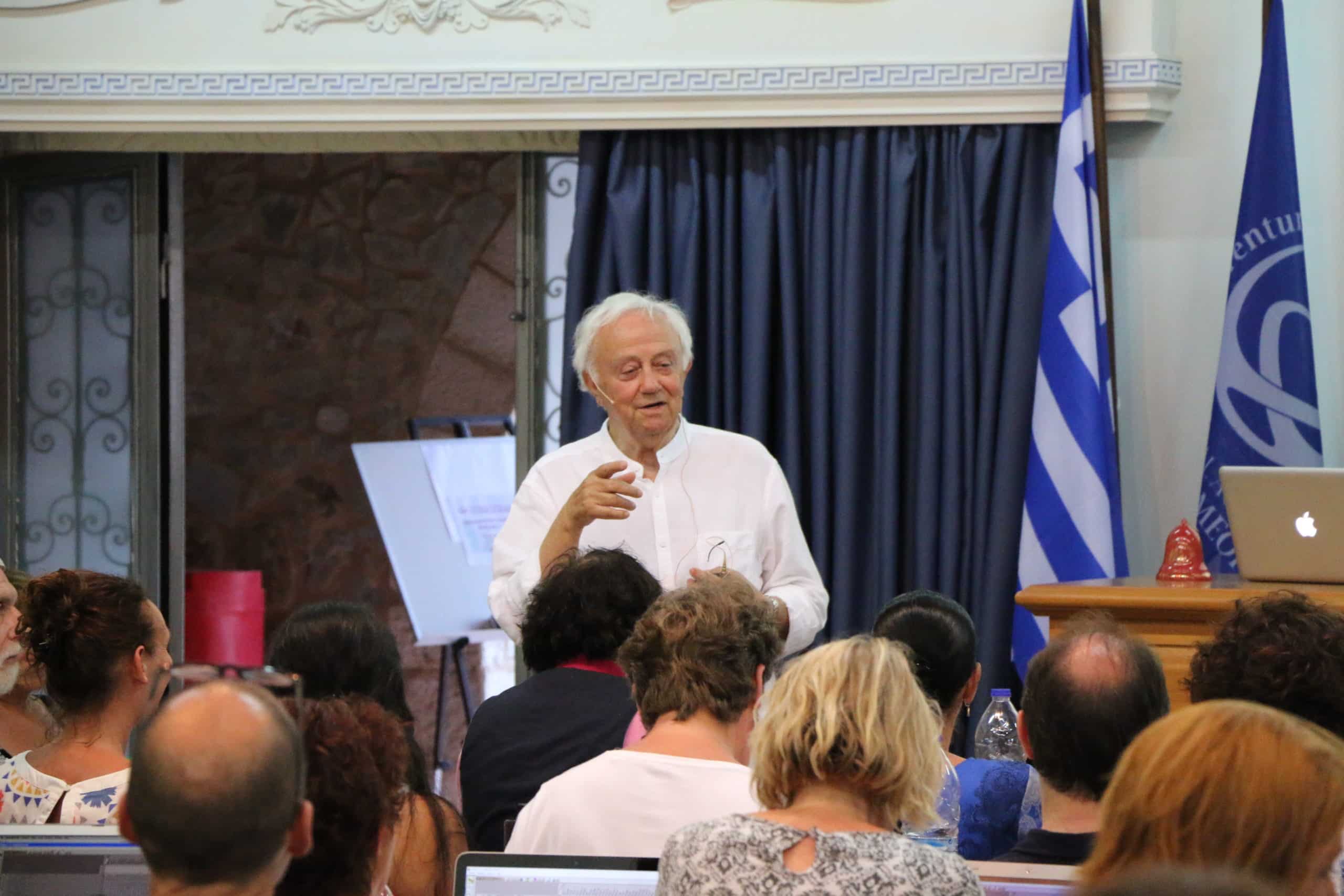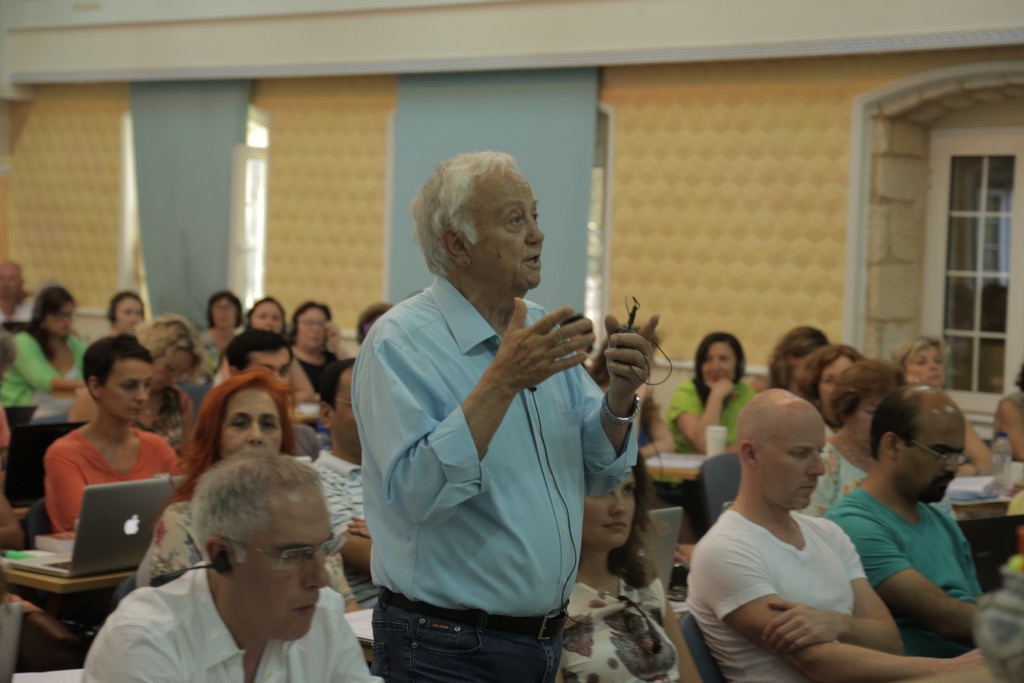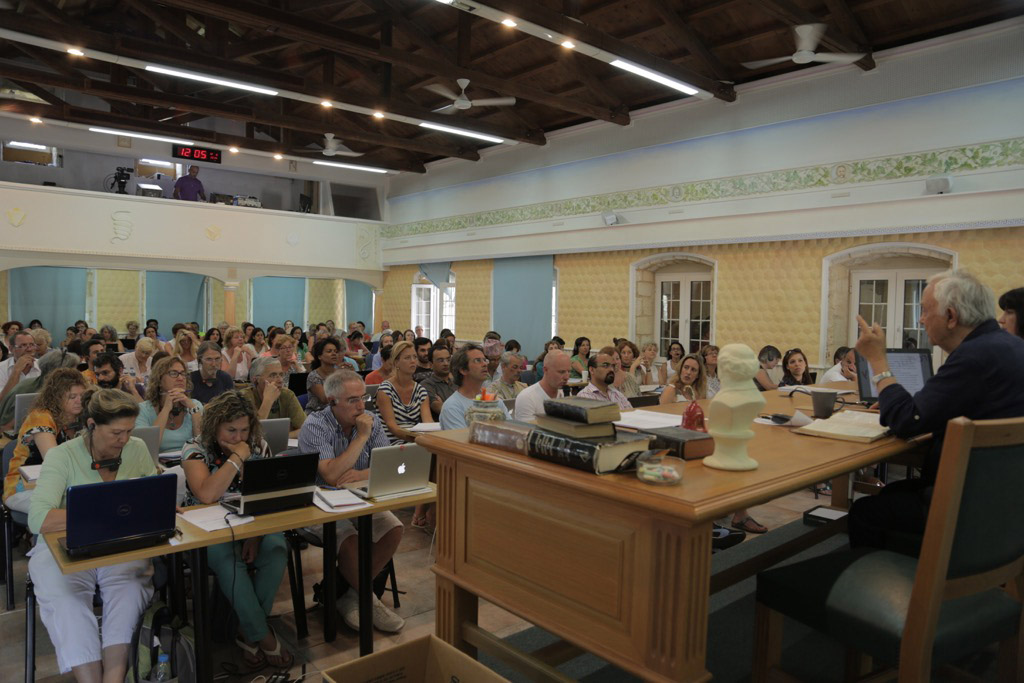A problem that concerns everyone and which is a worldwide conversation topic.
Whether euthanasia is ethically right is a question of global interest, however it seems that so far no answer has been found.
Definition: the practice of ending the life of an individual suffering from a terminal illness or an incurable condition, as by lethal injection or the suspension of extraordinary medical treatment.
[from the Greek: a good death eu- eu- thanatos]
A problem that concerns everyone and which is a worldwide conversation topic.
Whether euthanasia is ethically right is a question of global interest, however it seems that so far no answer has been found.
It is absolutely certain that in a few years’ time, the prospect that will prevail is that patients in the final stages of illness should be put to death, or left to die helpless. Regardless of the pretext behind this notion, the deepest reasons will certainly be financial. The justification of such an argument will be that keeping a patient alive under sedation for several days would cost millions to himself, to the state, or to insurance companies.In this way, conventional medicine has posed a dilemma that itself has created.
Recently, an extensive dialogue in mass media and medical press has taken place, regarding a hot topic that should concern everybody, as all of us will ultimately pass through this stage, the preterminal stage. The question is how to make this transitional stage, as good as possible.
This problem had already concerned me in 1978, while I was writing my book: “The science of Homeopathy”(1), at the chapter concerning the final stages of the patient, it was stated that with a modern and correct medical practice the patient should pass through this stage with maximum awareness and minimum pain.
The reason is because this stage before death is one of the most important of human life, if we consider human being as a mental being and not just a machine that ultimately ceases to work. If we look at man as a machine, then all scenarios would be possible of course, even acceptable.
However if we consider that human being is something beyond his material body, that he is a spiritual being as well, exceeding his narrow material limits, then dealing with this matter would be totally different and the answers to questions regarding euthanasia would become easier. In that case we should accept the fact that man has the right to live his last hours being as alert as possible, as the processes conducted in his consciousness during his last days or hours are undoubtedly of cosmogonic importance to him.
Innumerous cases of “normal” deaths, without the sedation from drugs, have been reported, during which there have been recorded major changes even in the conscience of criminals, who had harmed the society during their lives. Repentance, this mystical propitiating experience may occur even at the last moment, under the threat of the impending death. Such repentance is advantageous not only to the individual who shows it but also to the society that is accepting it. It is equivalent to the restoration of natural order, which was previously disturbed.
Moreover for any kind of man, good or bad, this last judgment emerges, evoked by his own consciousness during his last hours, signalizing the deep changes truly liberating him from material bonds.
It is not hard to imagine and is indeed observed in real life that hate between parents and children can commonly settle down during this rite of passage from life to death, while passions resolve and the process of propitiation follows.
The materialistic man cannot realize for instance, the blessings emanating from a person who has lived his life in purity and sanctity, when the time of the last breakaway (from life) has come and the power of love is at its maximum intensity, without barriers, or hidden by shyness in expression. All this would be lost by the suppression of conscience imposed by chemical substances used in conventional medicine, aiming to reduce physical pain, and ignoring awareness.
In past times it was usual that people died in this “natural” way, when suppressive drugs and all these modern techniques were not available. By these times death was acceptable by the majority of the population as an inevitable natural process, which is the case even today for poor nations who do not have the chance to die as vegetables under excellent western medicine. Death did not provoke such fear, as in contemporary man who lives absolutely in a material world trying to fulfill only his material desires.
Nowadays we cannot appreciate the importance of this sense of freedom this suberb feeling that man can return to the source of his existence being better than when he set off this incredible journey on earth. Further more, we cannot understand the importance of the feelings of those dying who are aware that they did all they could and accomplished their purpose in life, whichever this was, or in the opposite case to ask for forgiveness for whatever did wrong, as nobody can deceive his own conscience during this time of final judgment when is reviewing all his life, unless a doctor “helps” him not to hear, not to see, not to feel with big doses of morphine.
How the need for euthanasia emerged
The essential question is not how and whether we should put an end to the life of patients who severely suffer, but why this need emerged in the Western world? Why nowadays so many patients end up in situations requiring euthanasia?
The reason is obvious, but conventional medicine has refused to face this problem so far. Tomorrow, when medicine will be forced to deal with it, an enormous ethical, as well as practical problem will have to be faced.
If we read correctly the published research in medical journals we would realize that the reason is : chronic diseases in the western world, where medical services have been the best, are constantly increasing.
The main reason of this rise is the enormous consumption of chemical substances and their toxic effect on organisms. Prescribed medications as well as multiple vaccines are mainly responsible for this general degeneration of the population.
In a recent research published in the Journal of the U.S. Medical Association(2), JAMA, it is mentioned that during the year 1998, 285,000 patients died due to prescribed medication and not due to illness rendering medically caused deaths the third commonest (cause of death) in the US. It is finally mentioned that the frequency of chronic disabilities due to side effects is of course multiple to the frequency of deaths.
At this point, it should be mentioned that chronic diseases that end up to really tragic situations, for which the possibility of euthanasia is considered are those caused by toxic medication and vaccines used in our western societies.
Renal diseases constantly increase and the number of patients requiring haemodialysis is increasing each year and only those who do not wish to face the truth pretend that they do not realize that all those nephrotoxic medication such as painkillers, antibiotics, psychiatric drugs etc are mainly responsible for this.
Diseases such as multiple sclerosis are almost epidemic in Europe and the US and all neuromuscular diseases such as amyotrophic lateral sclerosis, M/E, myopathies myasthenie and muscular dystrophy which end up to the total loss of human dignity are mainly met in the West and only rarely in Asia, Africa and South America where toxic medication is less frequently used. Diabetes mellitus, juvenile diabetes, allergic asthma diseases, collagen diseases are constantly increasing in the western world, where medical resources have been much better than elsewhere, so far. Moreover severe psychiatric diseases and epilepsy mainly occur in the western world. All those chronic diseases end up to tragic situations for which the possibility of euthanasia is to be considered.
Therefore conventional medicine has initially created the problem by increasing and in many cases creating chronic diseases and is now trying to find ways to cover the immense pain and suffering that itself created during the final stages of those chronic diseases.
What could Homeopathy do
Homeopathic practice has shown that those who have chosen Homeopathic medicine have suffered less, while their awareness before death was optimal.
We would like to propose to a big hospital unit the use of classical homeopathy in such chronic cases and together explore its possible applications, in other words the extend in which homeopathy might be helpful for the dying patient with the least possible suffering but with maximum awareness..
References:
- The Science of Homeopathy, Grove Press, USA 1980
- Starfield B.Department of Health policy, John Hopkins School of Hygiene and Public Health, Baltimore JAMA 284 (4)July 26,2000 483-85.
- ENIMEROSI Journal of the Medical Association of Athens issued 157-159 2001.

